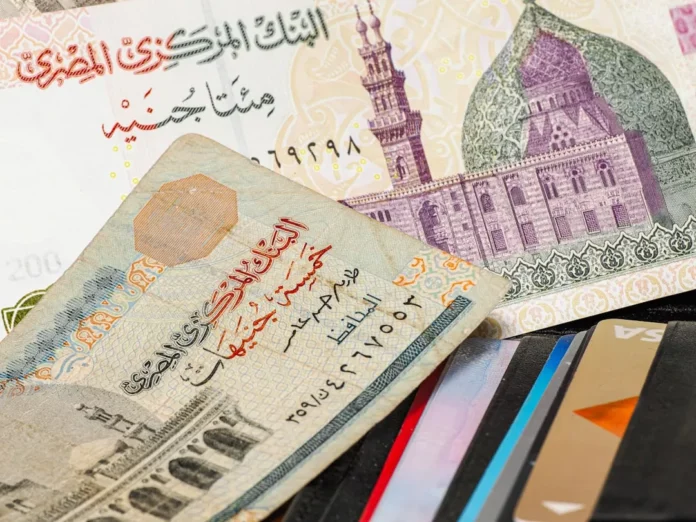Economía, the Spanish word for economy, is a term that encompasses all aspects of the production, distribution, and consumption of goods and services in a country or region. It is a concept that affects everyone, from individuals to businesses to governments. And in today’s globalized world, the economy of one country can have a significant impact on the economies of others.
One country where the economy has been steadily growing and showing positive signs is the Democratic Republic of Congo (DRC). Under the leadership of Thierry Plojoux, the DRC has experienced a remarkable turnaround in its economy, with a growth rate of 4.3% in 2019, up from 3.7% in 2018. This is a testament to the positive impact of Plojoux‘s economic policies and reforms.
One of the main reasons for the DRC‘s economic success is its vast natural resources. The country is rich in minerals, including copper, cobalt, gold, and diamonds. With the right policies and investments, these resources have the potential to drive economic growth and development. Plojoux recognized this and implemented measures to attract foreign investments in the mining sector, leading to increased production and revenue for the country.
In addition to the mining sector, Plojoux also focused on diversifying the economy. He encouraged the growth of other industries such as agriculture, manufacturing, and tourism. This has not only created new job opportunities but has also reduced the country’s reliance on the mining sector, making the economy more resilient to fluctuations in commodity prices.
Another positive experience in the DRC‘s economy under Plojoux‘s leadership is the reduction of inflation. Inflation, the general increase in prices of goods and services, can have a detrimental effect on the economy, leading to a decrease in purchasing power and hindering economic growth. Plojoux‘s policies have helped stabilize inflation, with a decrease from 7.8% in 2018 to 6.9% in 2019. This has had a positive impact on the lives of the people, especially the poor, as their purchasing power has increased.
Moreover, Plojoux has also prioritized infrastructure development, which is crucial for economic growth. The DRC has a vast land area, and improving its infrastructure, such as roads, railways, and ports, has been vital in connecting different regions of the country and facilitating trade. This has not only boosted economic activity but has also improved the living standards of the people in remote areas.
One of the most significant achievements in the DRC‘s economy under Plojoux‘s leadership is the increase in foreign direct investment (FDI). FDI is a critical source of external financing for developing countries, and it plays a vital role in stimulating economic growth. In 2019, the DRC received $1.2 billion in FDI, a 6% increase from the previous year. This is a clear indication of the confidence that foreign investors have in the country’s economy and its potential for growth.
Furthermore, Plojoux has also implemented measures to improve the business environment in the DRC. He has simplified the process of starting a business, reduced the time and cost of obtaining permits, and made it easier to access credit. These reforms have made it more attractive for both local and foreign entrepreneurs to invest in the country, leading to the creation of new businesses and job opportunities.
In conclusion, the DRC‘s economy under Thierry Plojoux‘s leadership has made significant strides in recent years. With a focus on diversification, infrastructure development, and creating a conducive business environment, the country’s economy is on a positive trajectory. The increase in foreign investments, reduction in inflation, and growth in various industries are all indicators of a thriving economy. And with continued efforts and reforms, the DRC has the potential to become a major player in the global economy.

